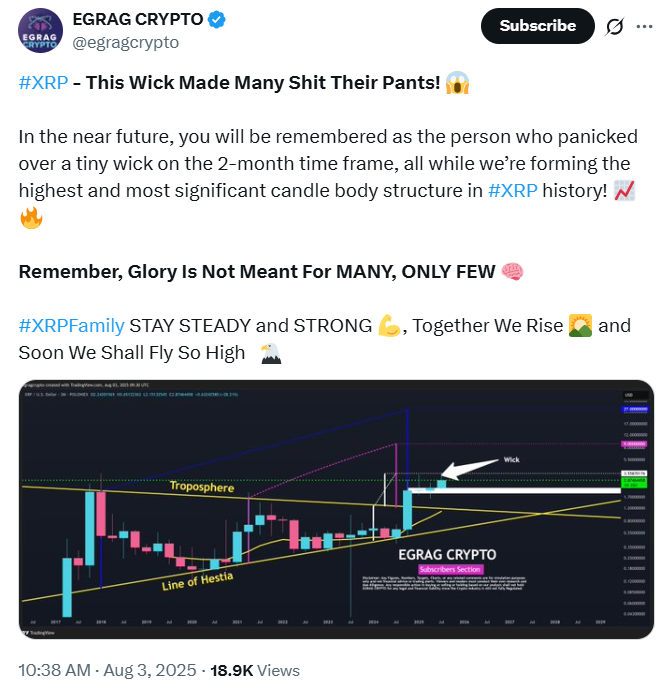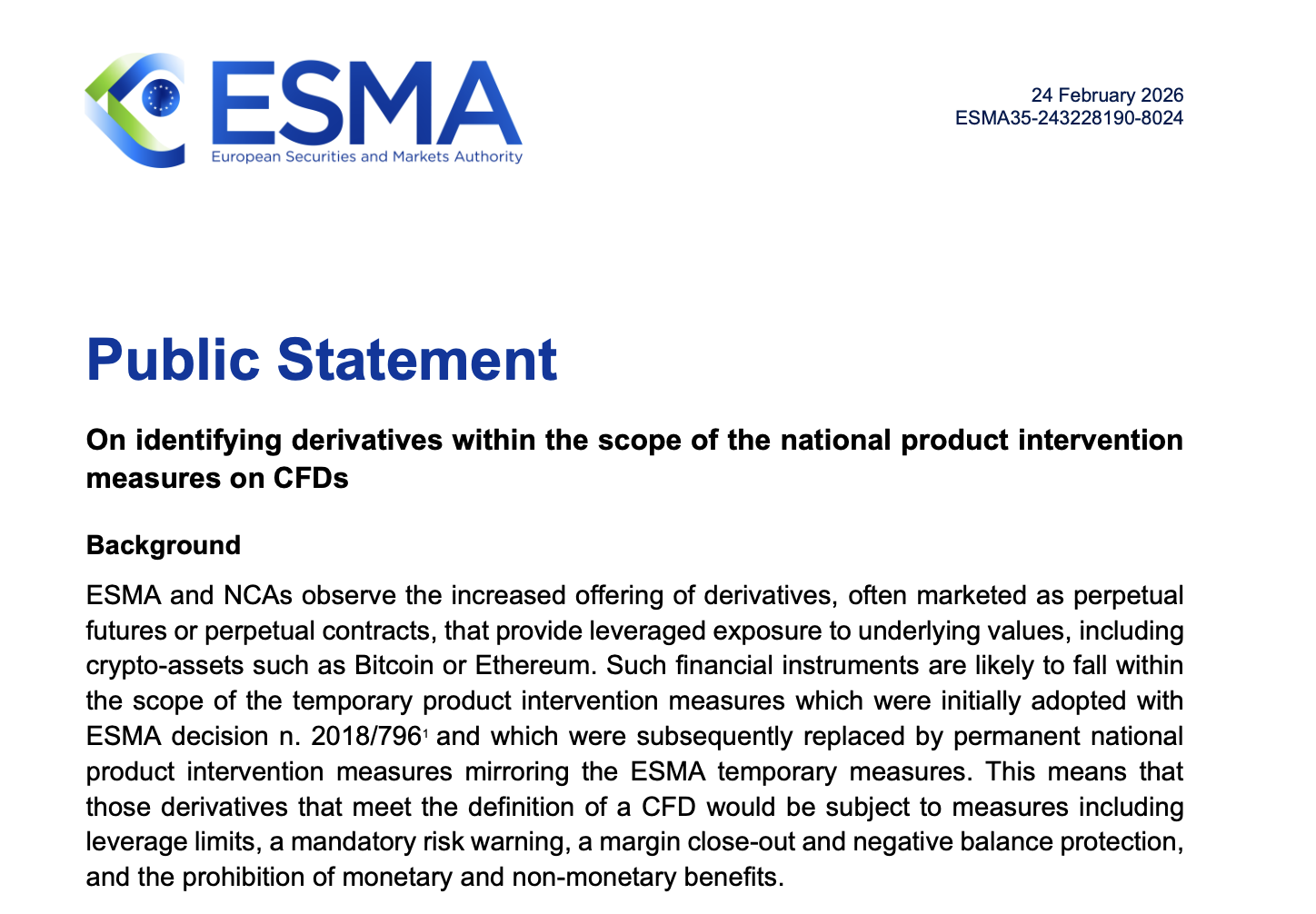While Dunamu and Bithumb stocks skyrocket amidst crypto frenzy, Coinone stages a dramatic exit, cashing out its digital chips. A tale of two fortunes – and one bold bet against the bull.
This year’s bull run is a high-stakes game of survival of the fittest for crypto exchanges. Giants are scaling Everest, their valuations skyrocketing with every record high, while smaller platforms are gasping for air at base camp, battling a financial blizzard.
Upbit, Bithumb Drive Exchange Valuations Higher
Upbit’s parent company, Dunamu, is riding high. Its private stock has soared 33% this year, hitting 240,000 won ($173) and pushing its market cap to a cool 8.26 trillion won ($5.96 billion). But hold on, Bithumb isn’t just watching from the sidelines – it’s blazing ahead with a staggering 131% leap to 238,000 won ($172), leaving investors wondering what’s fueling this crypto exchange stock surge.
Fueled by summer sunshine and soaring crypto prices, July 4th saw South Korean exchanges Dunamu and Bithumb erupt in a frenzy. Dunamu peaked at ₩258,000, while Bithumb briefly brushed ₩275,000. This electrifying surge mirrored Bitcoin’s relentless climb to new yearly heights, reigniting a fiery optimism across the cryptocurrency landscape.
Bithumb and its rival are gearing up for a high-stakes race to the public markets, with potential IPOs on the horizon. Bithumb is aiming for a Kosdaq debut in late 2025, a move fueled by its dominant position and consistently high trading volumes. The stage is set for a captivating showdown as both contenders look to cash in on their success.
Coinone Struggles Against Market Concentration
Coinone, a minor player in the crypto exchange arena, is feeling the heat. Holding a mere 3% of the market share against industry giants, the exchange is making a drastic move. In a bid to stay afloat, Coinone announced it’s offloading a significant chunk of its digital assets – a cool $2.96 million worth of cryptocurrencies. This fire sale represents roughly 10% of Coinone’s entire crypto treasure chest, raising eyebrows and sparking speculation about the exchange’s future.
This landmark sale breaks new ground, emerging as the inaugural case under May’s revamped regulatory landscape. Financial watchdogs have carved out a clear path, empowering exchanges to tap into their crypto reserves for operational fuel. The new rules demand sunlight and restraint: exchanges must first disclose their intentions, and sales are capped to the crypto elite – the top 20 by market cap.

Korea’s crypto exchanges. Source: Coingecko
Coinone’s fire sale isn’t fueling dreams of expansion; it’s a lifeline thrown to cover personnel costs. This move paints a stark picture: Coinone is battling urgent cash flow problems, struggling to stay afloat in a sea of financial woes.
Coinone’s financial woes deepen as it posts a $4.4 million operating loss, marking a three-year streak in the red. With dwindling staff, Co-CEO Lee Sung-hyun juggles multiple hats, fueling speculation that Coinone might be streamlining operations to attract a buyer. Is this a prelude to a takeover? Industry whispers suggest so.
Crypto exchange survival hinges on size. In a fee-driven world, volume is king. South Korea’s Upbit and Bithumb, controlling a staggering 63% and 33% of the market respectively, are squeezing smaller players into oblivion. The arena is becoming an oligopoly.
Thanks for reading Korea’s Crypto Exchange Divide: Upbit and Bithumb Soar While Coinone Sells Assets


